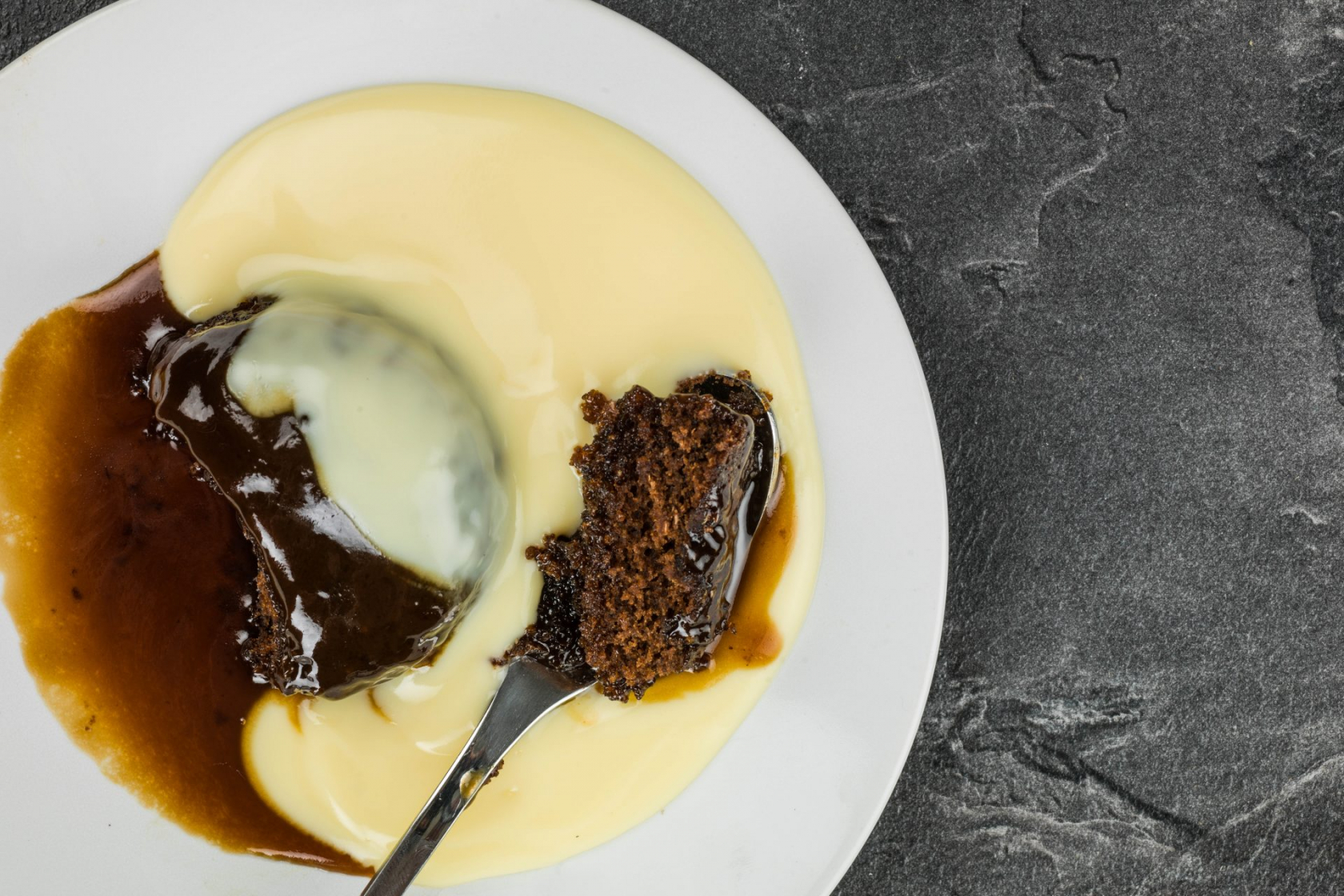
Struggling with the dark, drawn-out evenings and miserable weather? Check out these tried-and-tested pieces of advice for getting through winter from Stylist staff and readers.
There’s no denying it: winter can be pretty damn tough. While the odd cold, sunny morning might make things feel a little easier, the long, dark evenings and miserable weather can become rather suffocating as the season progresses.
And although people with seasonal affective disorder feel the impact of the season most prominently, it’s not unusual for those without the condition to feel a little more lethargic and unmotivated, too.
But just because the arrival of winter can make things a little more difficult, doesn’t mean there aren’t ways to make the season a little easier to handle. In fact, reframing the way we view winter and the conditions it brings with it can make a big difference.
While you might have never heard the term ‘reframing’ before, chances are you’re already doing it. The technique, often used during cognitive behavioural therapy (CBT), simply involves taking a negative thought or assumption and consciously changing how you view a situation – in this case, winter.
As someone who’s been through CBT, I’ve recently realised just how many of my friends and colleagues – many of whom haven’t been to therapy – use this technique during the darker months to make things easier to deal with.
It may sound incredibly simple, but it’s made such a difference to so many of the people I’ve spoken to. So, to give you some more tools to get through the winter months, I thought I’d ask a variety of women about the ways in which they reframe the darkness of winter. Keep reading to check out what they had to say.
“I look forward to 21 December”
“I really struggle with the short days and dark evenings, but focusing on the fact that the darkest day is 21 December – and that after that the days begin to get lighter – has really helped me.
“Now, when I’m feeling down about how early the sunsets or how dark it is when I wake up in the mornings, I remind myself I just need to hold on until 21 December – it’s changed the way I think about winter, because I feel less apprehensive about January and February too.”
Chrissie, 29
“I embrace any and all weather”
“After reading all about the Nordic concept of friluftsliv, I’ve completely changed my perspective on getting outside in the winter. Before, I used to see the miserable weather as an excuse to stay inside, but now, I see it as an invitation to explore.
“It may not always be appealing, but wrapping up warm and stepping outside of your front door no matter what is good for the soul – and helps to stave off the sense of suffocation which comes from staying inside for days on end.”
Lauren, 24

“I savour my need to rest”
“In the spring and summer months I’m someone who likes to leap out of bed at 6am, because I treasure the few hours I have to myself in the morning before work starts or at the weekend before everyone else is awake. But this winter, I’ve found it impossible to get up before 7.45 or 8am.
“I felt guilty at first about not being able to be so active and awake, but now, instead of beating myself up, I’ve decided I’m going to savour that extra time in bed. I do a little five-minute morning meditation, whack a face mask on, put a hot water bottle under my feet and read or plan my day. Sometimes, I even do a little gentle indoor exercise at the foot of my bed.
“It’s great because I still get to have my little period of ‘me time’ before work, but I don’t feel bad that I’m not bouncing out of bed at 6am. And even if I don’t feel like doing anything and sleeping in until 8am, I just enjoy the extra rest – who has time for guilt anyway?”
Katy, 41
“I focus on making the most of the daylight”
“For me, the short days help me appreciate the daylight so much more – I always feel really grateful to be outside during the day and prioritise daily walks more than ever.”
Alice, 22
“I see it as an excuse to treat myself”
“One of the ways I make winter easier to deal with is by having pudding every night because, you know, pudding makes everything better. It feels comforting – like a hug in a bowl – and it makes the cold, long days feel that little bit more indulgent.
“Also, knowing you’ve got sticky toffee pudding waiting for you at the end of the day is enough to keep you going.”
Ellie, 26

“I view the dark evenings as me time”
“The darker evenings can make me feel low, so instead of worrying about them or waiting for my mood to drop, I try to do things that make me feel good in the evenings like exercise or seeing friends. Now, I personally love the darker evenings because I get to feel cosy in a pub or at home – it’s an excuse to get warm and lean into the weather.”
Alyss, 30
“I see winter as a mini-hibernation”
“When the evenings get darker I embrace Scandinavian-style living: cosiness, candles, dinner parties etc. I try to see the season as a mini hibernation.
“I also plan my time better and go for morning walks, not late afternoon walks (bundled up!). As the Dutch say, there’s no such thing as bad weather – only bad clothes.”
Phoebe, 25
“I take solace in the cold”
“I believe there’s no better time to go walking than winter. I love bracing walks that make your cheeks tingle, your heart race and leave your hair in a windswept mess.
“Whenever I’m striding out on a clear frosty morning I think back to those 30°C days in the summer when I’m so swelteringly hot I can barely move, let alone go for a walk, and I feel extremely thankful for the colder weather.”
Alex, 29
If you, or someone you know, is struggling with their mental health or emotional wellbeing, you can find support and resources on the mental health charity Mind’s website and NHS Every Mind Matters or access the NHS’ guide to local mental health helplines and organisations here.
If you are struggling, you can also ask your GP for a referral to NHS Talking Therapies, or you can self-refer.
You can also call the Samaritans in the UK on 116 123 or email [email protected] for confidential support. In a crisis, call 999.
Images: Getty
Source: Read Full Article